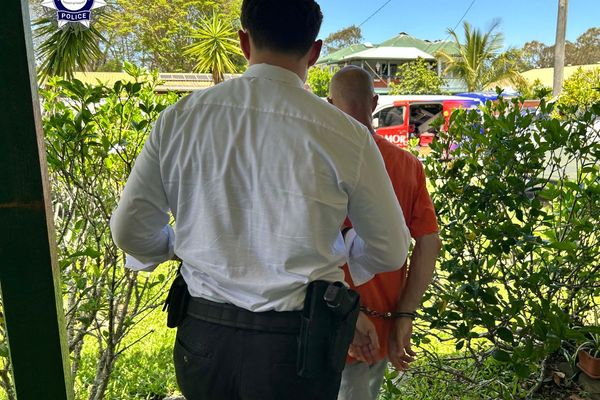
Two major health unions in Scotland have called off strike action after narrowly voting for an upgraded pay offer following ministerial intervention.
Unite and Unison, which represent tens of thousands of NHS and Scottish ambulance service staff, said their members had agreed to a fresh offer that would give the lowest-paid staff up to £2,751, up by 11.24%, with most staff paid £2,205, up 7.5%, and a new minimum hourly rate of £11.09.
The deal, brokered by Scottish ministers, raises the prospect that Scotland’s hospitals will escape industrial action this winter and adds to the pressure on UK government ministers to intervene in pay disputes expected to hit the NHS across the rest of the UK this month.
The Royal College of Nursing Scotland, which won an unprecedented mandate from its members to call strike action as part of a UK-wide ballot in early November, is consulting its members on a revised offer and is due to announce the results next week.
The Royal College of Midwives in Scotland, which has also threatened strike action, is due to announce the results of its ballot on the revised offer on Thursday. RCN members in England, Wales and Northern Ireland are due to strike on Thursday 15 December and Tuesday 20 December.
Sara Gorton, the head of health for Unison at UK level, said: “Ministers in Scotland have done what the Westminster government is stubbornly refusing to do. That’s talk to health unions, put improved wage offers on the table and avert strikes across the NHS.
“The secretary of state needs to up his game and see what talking can achieve. Steve Barclay [the UK health secretary] must now call the unions in to discuss improving health worker pay. Only then might the threat of disruption facing the NHS this winter be lifted.”
Nicola Sturgeon, Scotland’s first minister, told STV her government’s willingness to engage with health service unions and broker a deal should be an example to UK ministers.
“Unions are still balloting on these offers in Scotland but they are not striking this week because they recognise that the Scottish government has sat down and tried to deliver fairness,” she said. “The other difference between me and ministers at UK level is that I have a deep and very profound respect for trade unions and the role of collective bargaining.”
However, the EIS, Scotland’s largest teachers’ union, accused Sturgeon of being disingenuous when she claimed Scottish ministers were also making a fair offer to teachers by offering them 5.07%. The EIS indicated it would to press on with its Scotland-wide stoppages next month, the first all-out strikes in Scottish schools for 30 years.
“The vast majority of teachers were actually being offered practically the same or even less in the ‘revised’ offer, despite the Scottish government claim that the offer was an improvement,” said Andrea Bradley, the EIS’s general secretary.
“Scotland’s teachers aren’t fooled by Scottish government spin, and will not accept the deep real-terms pay cuts that the Scottish government and councils continue to espouse.”
Wilma Brown, chair of Unison Scotland’s health committee, said the NHS Scotland deal was a “pause” in the ongoing dispute over health service funding generally.
“Whilst this decision ends the immediate threat of industrial action, it is not a win for government – it is a warning,” Brown said. “Almost half of Unison NHS staff voted to reject this latest pay offer, and many who did vote to accept, did so reluctantly.”







